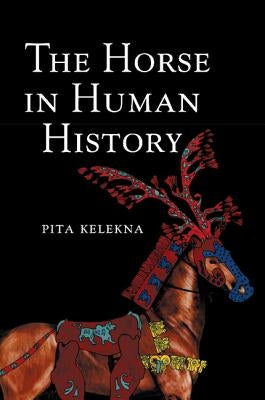Description
The horse is surely the "aristocrat" of animals domesticated by man. This book documents the origins of horse domestication on the Pontic-Caspian steppes some 6,000 years ago and the consequent migration of equestrian tribes across Eurasia to the borders of sedentary states. Horse-chariotry and cavalry in effect changed the nature of warfare in the civilizations of the Middle East, India, and China. But, beyond the battlefield, horsepower also afforded great advances in transport, agriculture, industry, and science. Rapidity of horse communications forged far-flung equestrian empires, where language, law, weights, measures, and writing systems were standardized and revolutionary technologies and ideas were disseminated across continents. Always recognizing this dual character of horsepower - both destructive and constructive - the politico-military and economic importance of the horse is discussed in the rise of Hittite, Achaemenid, Chinese, Greco-Roman, Arab, Mongol, and Turkic states. Following Columbian contact, Old and New World cultures are contrastively evaluated in terms of presence or absence of the horse. And Spanish conquest of the horseless Americas is seen as the model for subsequent European equestrian colonization of horseless territories around the planet.
Author: Pita Kelekna
Publisher: Cambridge University Press
Published: 04/01/2009
Pages: 478
Binding Type: Paperback
Weight: 1.40lbs
Size: 8.90h x 6.00w x 1.00d
ISBN13: 9780521736299
ISBN10: 0521736293
BISAC Categories:
- History | World | General
- Pets | Horses
Author: Pita Kelekna
Publisher: Cambridge University Press
Published: 04/01/2009
Pages: 478
Binding Type: Paperback
Weight: 1.40lbs
Size: 8.90h x 6.00w x 1.00d
ISBN13: 9780521736299
ISBN10: 0521736293
BISAC Categories:
- History | World | General
- Pets | Horses

